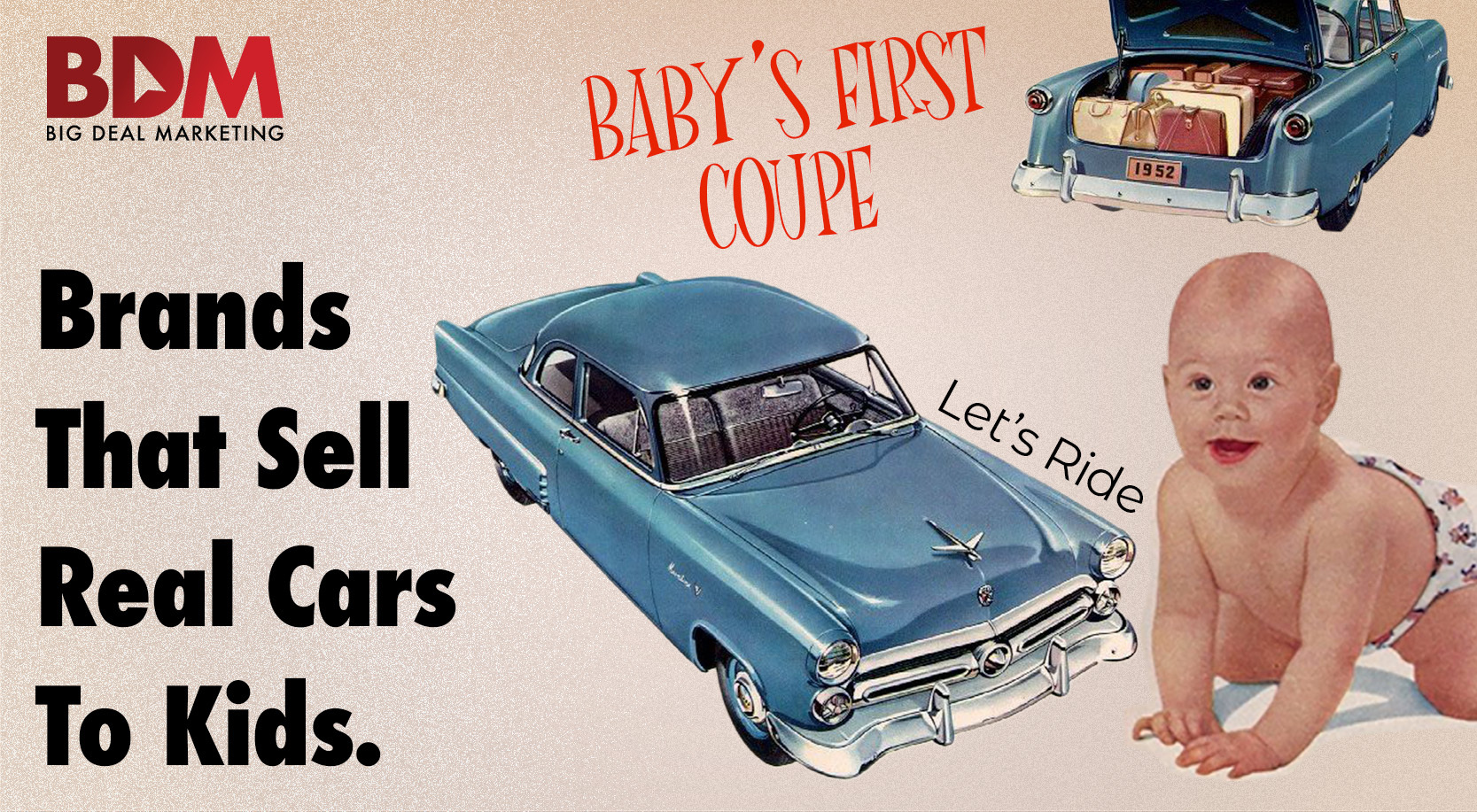The other day, one of our staff was looking at the social media page of a widely influential company in the athletic industry. While scrolling through it, they came to a post featuring two average models posing in this company’s sleek, stylish and pricey athletic apparel. They scrolled down a little and saw a comment on this post from one of the company’s customers. It was revealing…
To paraphrase, the customer said, “Their marketing used to highlight the sport’s great athletes. Now, I don’t understand what they’re trying to project.”
We sensed that the customer wasn’t upset about the models or anything like that, but they felt this company was trying to be so trendy and cool now that they weren’t speaking to the target demographic of their sport anymore.
We think there is something to be learned here: This anecdote illustrates the importance of focusing on and catering to the target audience for your product or service. If you don’t, you’ll confuse and lose them. Wouldn’t it be strange if a brand tried selling toy cars to adults and real cars to kids?
Now, let’s get into a couple of ways to think about your target audience!
She Loves Me, She Loves Me Not
To determine what your target audience likes and dislikes, you should read both positive and negative reviews from similar companies to yours! This will give you a full sense of what they’re like. Knowing them allows you to speak to their deepest needs and helps you steer clear of what would offend them.
We can’t stress enough the importance of this. Currently, many companies are constantly finding themselves in hot water because they’ve lost a sense of what their customers want.
Taking The Road Less Traveled
There’s a famous music collective from South Carolina that has about 4.1 million monthly listeners on Spotify. Recently, they announced they’re going on tour, and one of their stops will be a big, famous LA venue. Cool, right?
Yeah. But there’s a problem.
Some of their tickets are selling for $1,000+. Granted, that’s somewhat normal for big artists to charge prices like these. However, the target audience for this band isn’t accustomed to paying that much due to their being independent, playing in unconventional venues, and having a mission that’s bigger than popularity or profits.
So the prices they’re charging for this LA venue seem to undercut their values. And naturally, there has been confusion and complaints from their target audience.
Another popular, independent musician who runs in the same circles as this band commented on the drama. To paraphrase, he said, “The head of this band is friends with someone who owns a huge venue in LA that can seat thousands of people. The band’s leader could’ve asked his friend to host the concert and therefore could charge much less for tickets. But sometimes musicians want the chance to say, ‘Look, I played in the same venue as Justin Bieber!’ This puts their fans in a situation where they have to buy tickets through some large organization rather than directly from the artists and then have to pay a lot more money.”
This band’s target audience is questioning its integrity.
The point of this story is that just because a particular thing is seen as the pinnacle of success in your industry doesn’t mean it’s the pinnacle of success for you. It may be better to speak to a smaller audience in a niche channel than a large audience in a large channel.
Advertising during the Superbowl is a sign that your company made it; however, if your audience doesn’t care about football, it doesn’t make sense to market there. They may be more likely to buy if they hear about your offer on niche podcasts about turtles or something! Trust us, you don’t want the turtle-loving community to think you sold out.
At Big Deal Marketing, we take into account your target audience and craft marketing campaigns that speak directly to them! That way, your brand doesn’t confuse or lose your audience but keeps it and grows it. To contact us, click here!


0 Comments